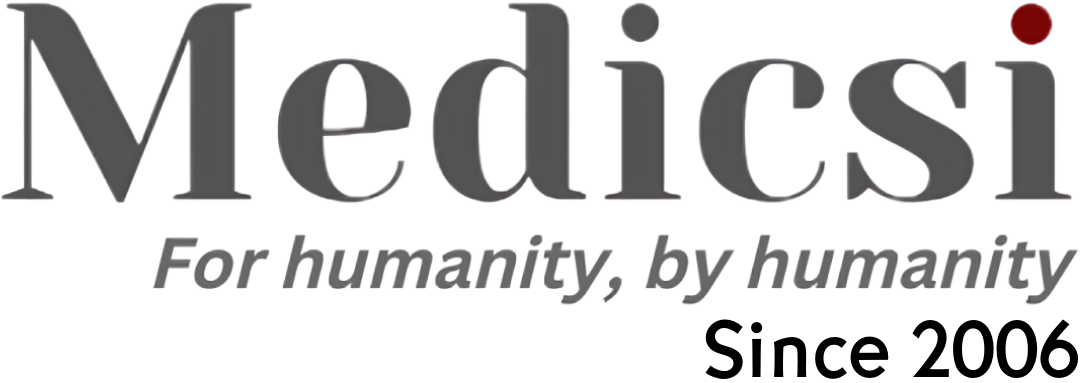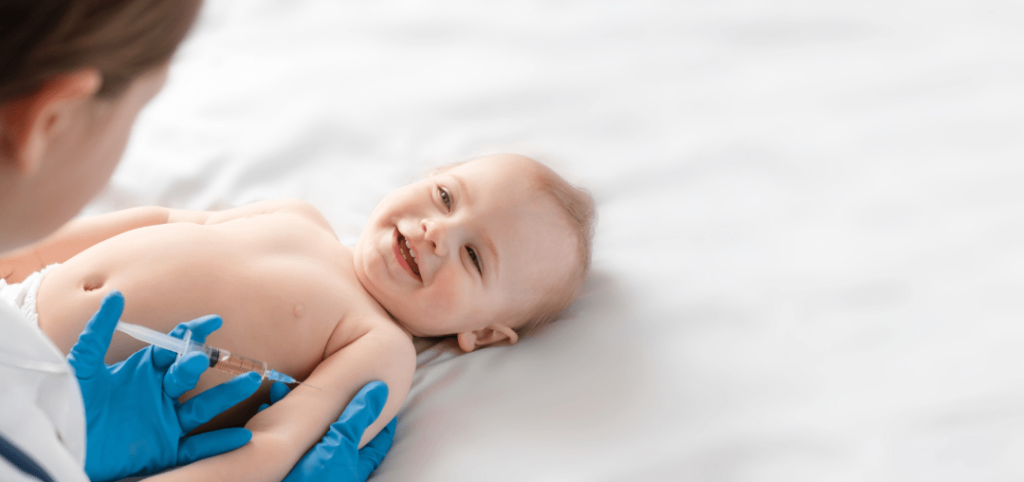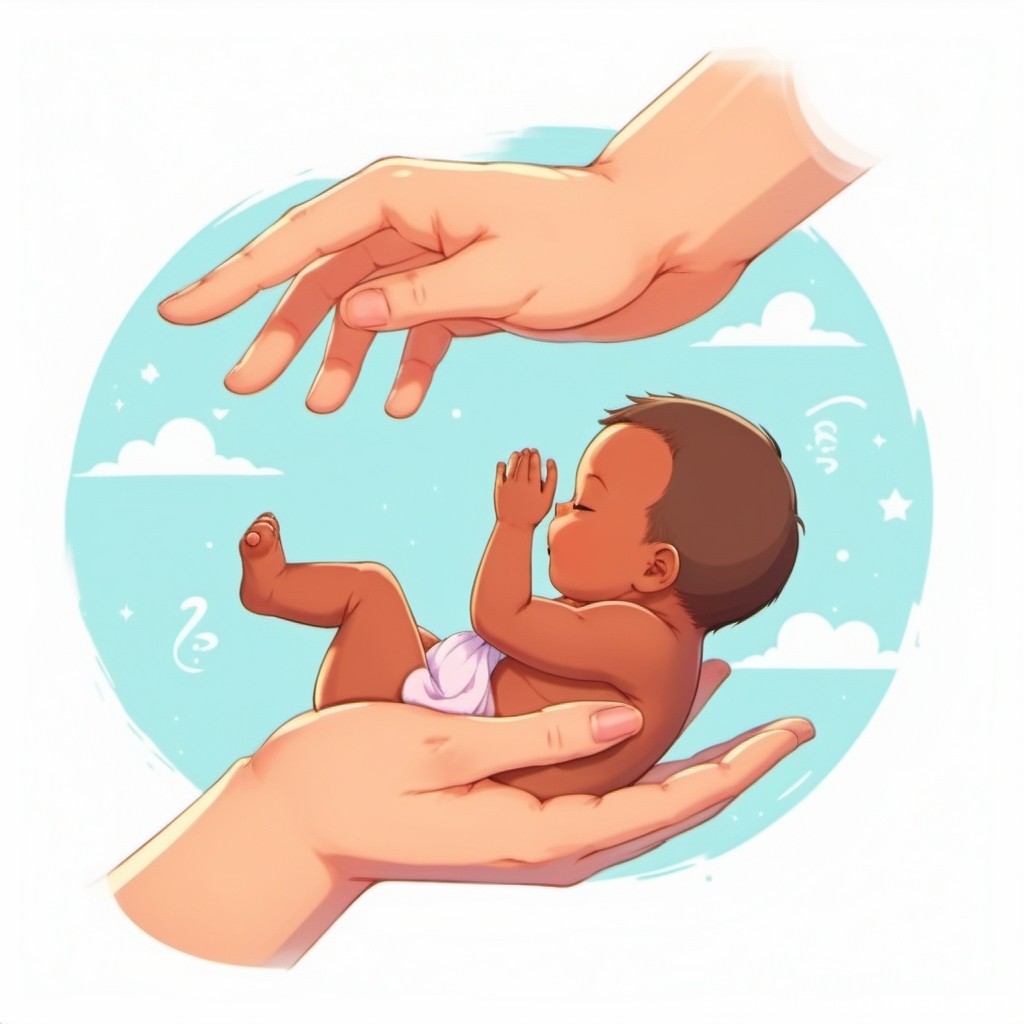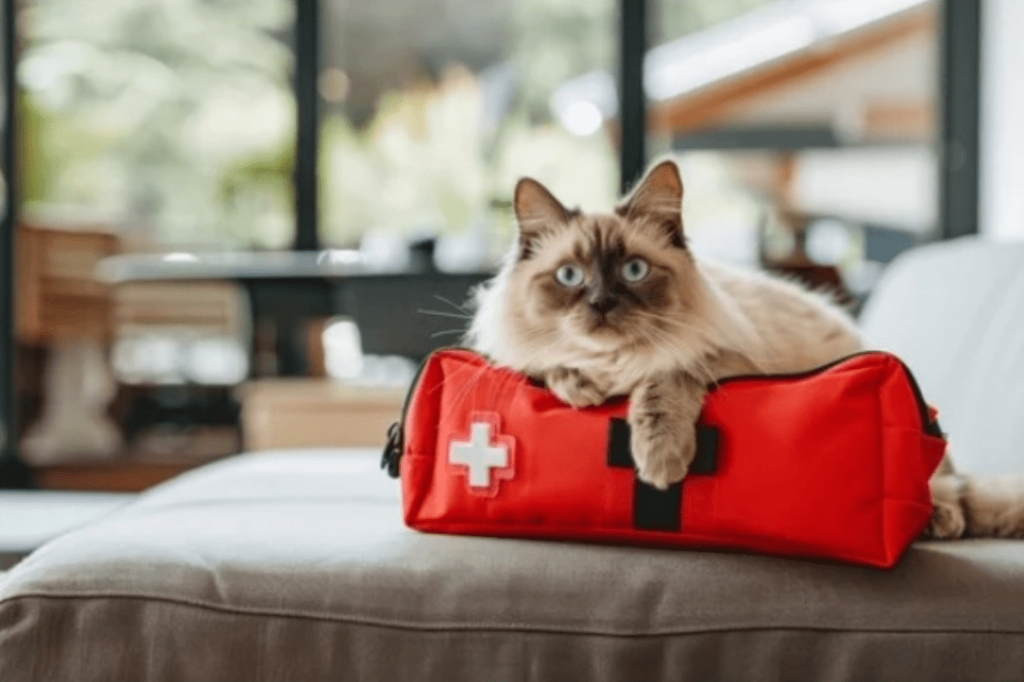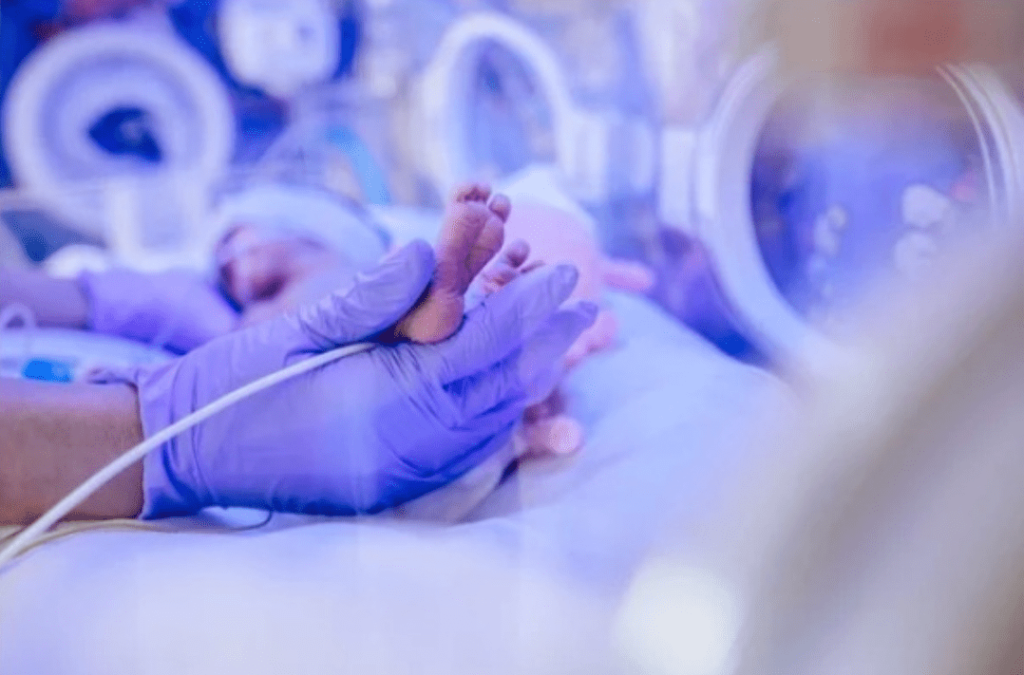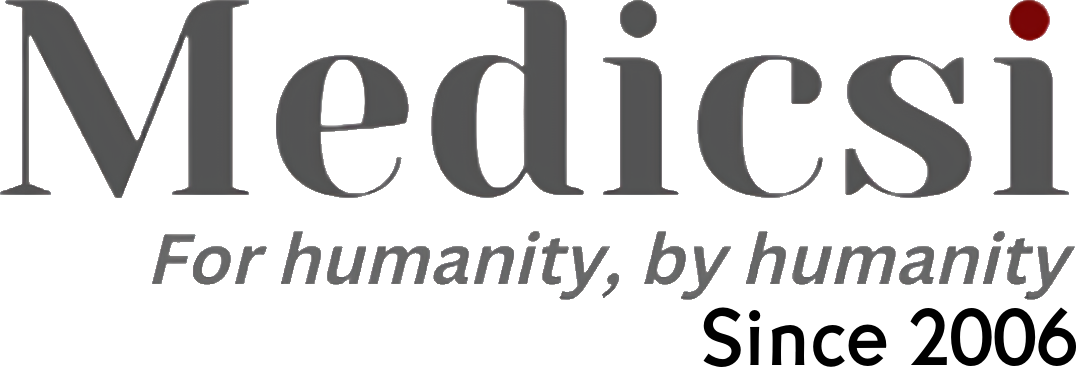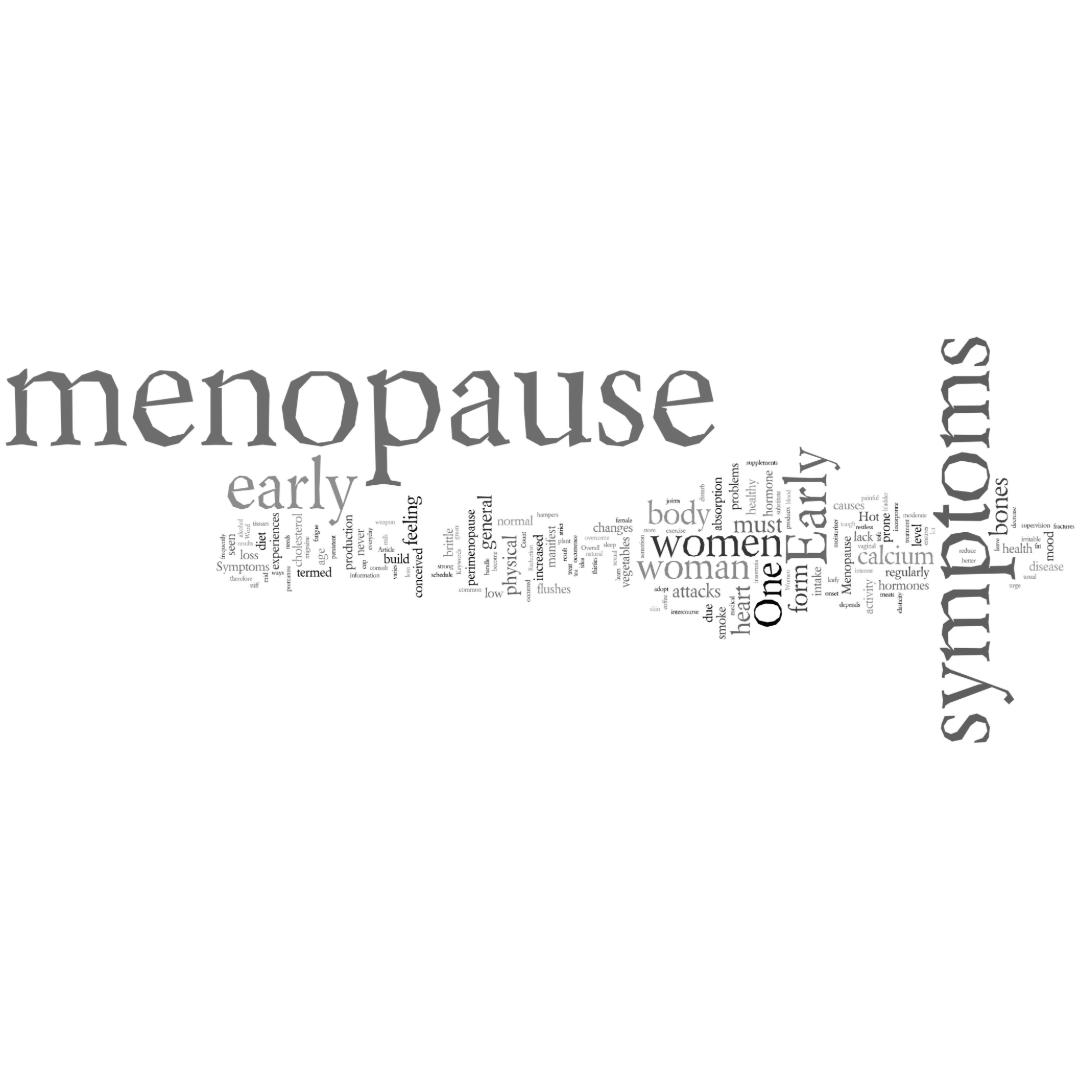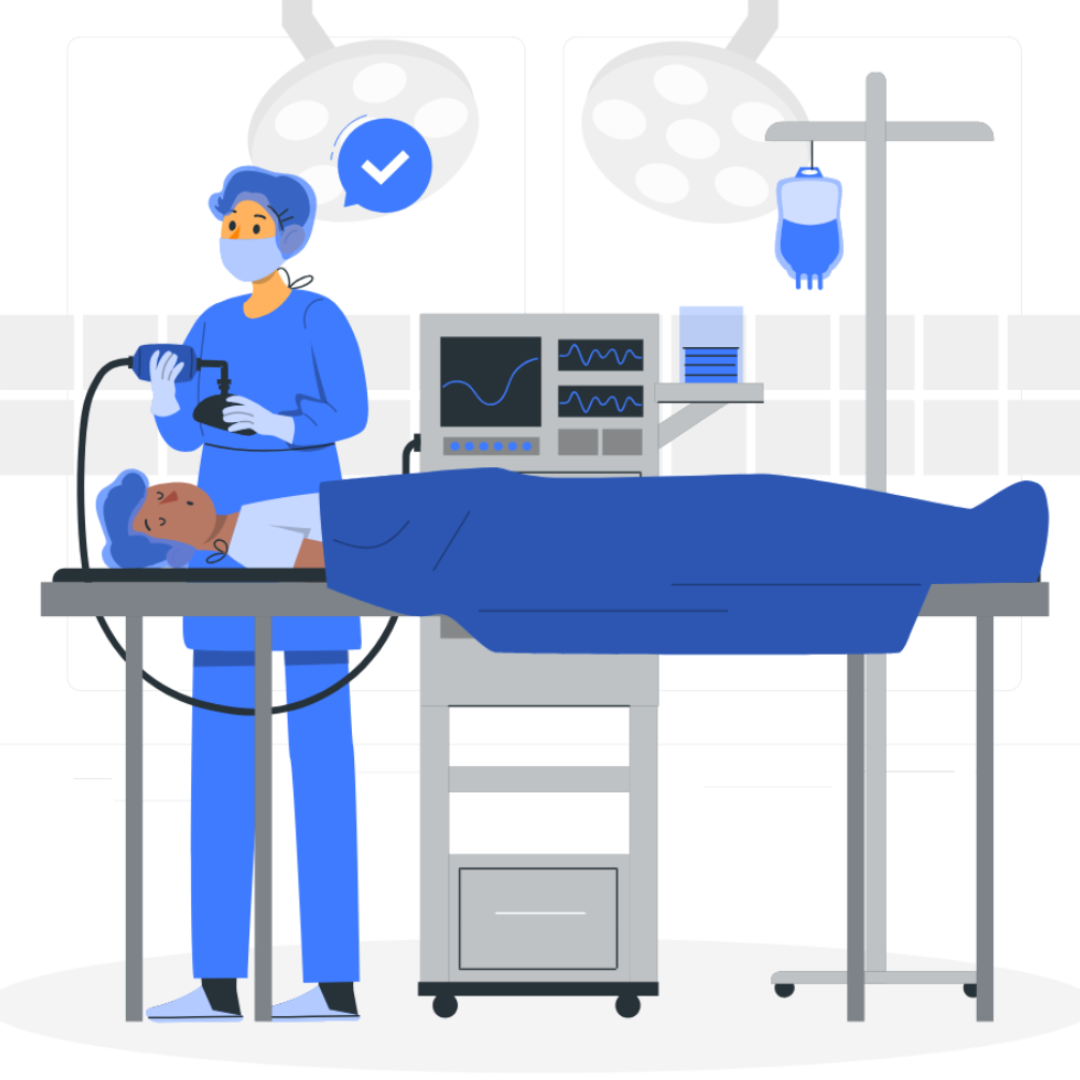Vaccination Schedule For Your Child
Patient Information Blogs Vaccination Schedule For Your Child (Courtesy of: Dr. Joza Khurshid; Consultant Paediatrician and Neonatologist, Medicsi) 26/05/2024 Vaccination Schedule For Your Child (Courtesy of: Dr. Joza Khurshid; Consultant Paediatrician and Neonatologist, Medicsi) 26/05/2024 Vaccination is THE WAY to protect your child’s health from harmful diseases that could cause serious complications. Vaccines are safe and effective. Having your children vaccinated on time is important and helps ensure that they get the protection they need as early as possible. Vaccines strengthen the immune system and prepare your child’s body with the defense it needs to fight against diseases, that your child comes across in everyday life. Recommended Vaccination Schedule Age Vaccines Birth BCG + OPV + HBV 1 ½ Months IPV + HBV + DTap + Hib + Rotarix 1 2 Months PCV 13 2 ½ Months IPV + HBV + DTap + Hib + Rotarix 2 3 ½ Months IPV + HBV + DTap + Hib 4 Months PCV 13 6 Months PCV 13 9 Months Measles 12 Months MMR + Varicella 15 Months PCV 13 18 Months Hepatitis A + IPV + HBV + DTap +Hib 24 Months Hepatitis A + Typhoid 1 5 Years DTap + Typhoid + MMR + Varicella 12 Years DT Others Meningococcal Flu Vaccinations as indicated above are used for: BCG is for Tuberculosis OPV and IPV is for Polio HBV is for Hepatitis B DTap is for Diphtheria, Tetanus, and Pertussis (whooping cough) Hib is for Haemophilus influenzae type B Rotarix is for Rotavirus Infection PCV is for Pneumococcal Infections MMR is for Measles, Mumps and Rubella Checklist for your child’s immunization visit: Bring your child’s immunization record to keep it up to date. Bring your child’s favourite toy to comfort them through the procedure. Book your child’s next appointment to ensure it happens on time. Dealing with missed vaccination: if your baby has missed routine vaccination, please talk to your doctor. Can vaccination have side effects? Most children tolerate vaccines well. In some cases, your child may: Have a mild fever Be sleepier than usual Have pain, swelling, or redness where the injection was given Maybe fussy than usual These reactions are normal and usually go away within a few days. You can give your child medication to help with the pain or to lower a fever if needed. Check with our paediatricians if you need advice about which medication to use. Vaccination is THE WAY to protect your child’s health from harmful diseases that could cause serious complications. Vaccines are safe and effective. Having your children vaccinated on time is important and helps ensure that they get the protection they need as early as possible. Vaccines strengthen the immune system and prepare your child’s body with the defense it needs to fight against diseases, that your child comes across in everyday life. Recommended Vaccination Schedule Age Vaccines Birth BCG + OPV + HBV 1 ½ Months IPV + HBV + DTap + Hib + Rotarix 1 2 Months PCV 13 2 ½ Months IPV + HBV + DTap + Hib + Rotarix 2 3 ½ Months IPV + HBV + DTap + Hib 4 Months PCV 13 6 Months PCV 13 9 Months Measles 12 Months MMR + Varicella 15 Months PCV 13 18 Months Hepatitis A + IPV + HBV + DTap +Hib 24 Months Hepatitis A + Typhoid 1 5 Years DTap + Typhoid + MMR + Varicella 12 Years DT Others Meningococcal Flu Vaccinations as indicated above are used for: BCG is for Tuberculosis OPV and IPV is for Polio HBV is for Hepatitis B DTap is for Diphtheria, Tetanus, and Pertussis (whooping cough) Hib is for Haemophilus influenzae type B Rotarix is for Rotavirus Infection PCV is for Pneumococcal Infections MMR is for Measles, Mumps and Rubella Checklist for your child’s immunization visit: Bring your child’s immunization record to keep it up to date. Bring your child’s favourite toy to comfort them through the procedure. Book your child’s next appointment to ensure it happens on time. Dealing with missed vaccination: if your baby has missed routine vaccination, please talk to your doctor. Can vaccination have side effects? Most children tolerate vaccines well. In some cases, your child may: Have a mild fever Be sleepier than usual Have pain, swelling, or redness where the injection was given Maybe fussy than usual These reactions are normal and usually go away within a few days. You can give your child medication to help with the pain or to lower a fever if needed. Check with our paediatricians if you need advice about which medication to use. Recent Blogs edit post PREMATURE MENOPAUSE: IT IS BEING DIAGNOSED TOO LATE Read More edit post Minimally Invasive Surgery At Medicsi Read More edit post Ensuring Your Comfort and Safety Read More
Vaccination Schedule For Your Child Read More »
